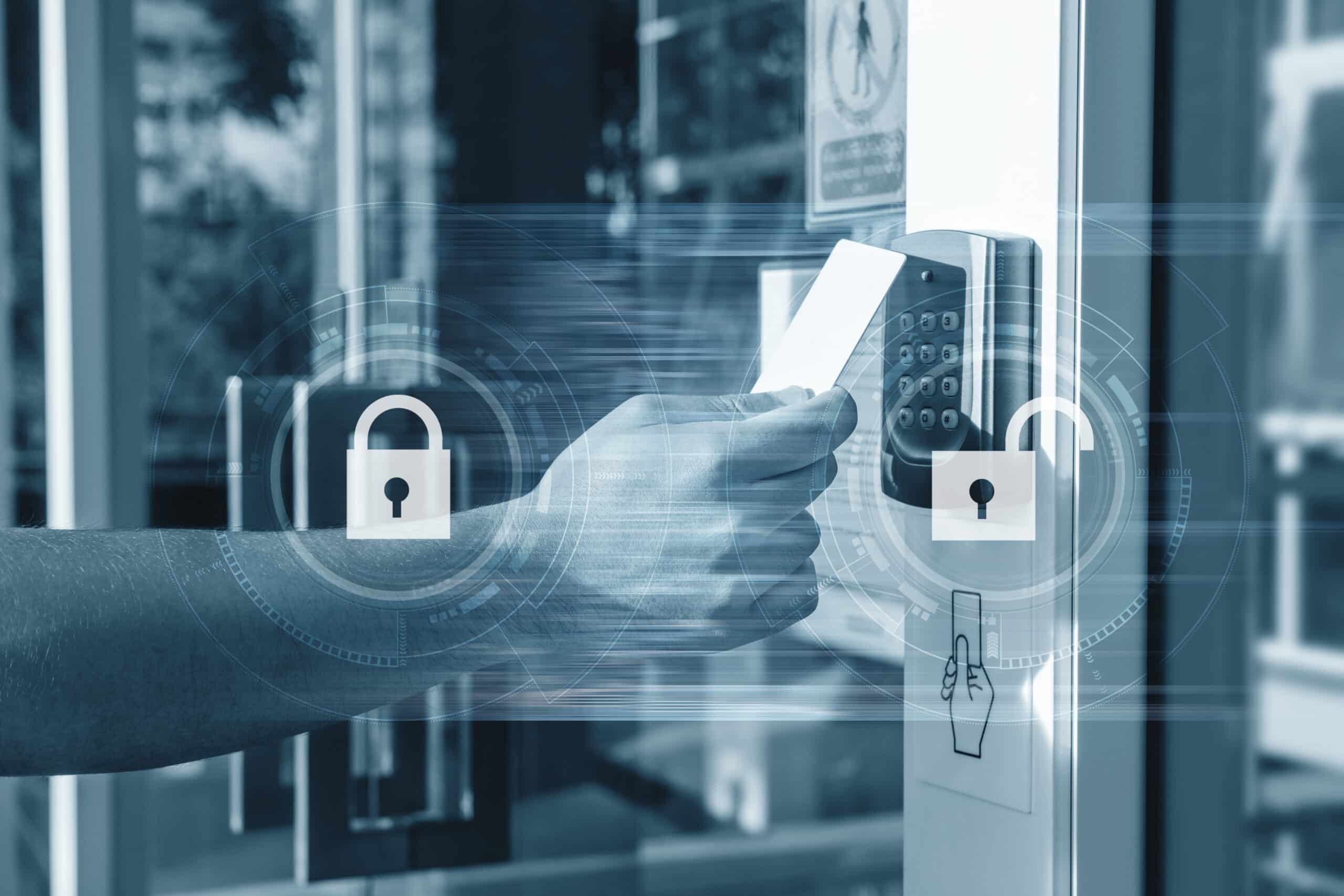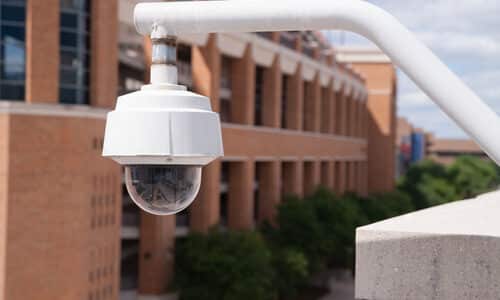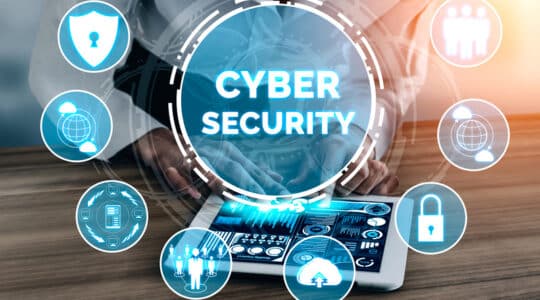
Access Control Systems: An Investment in Business Security
Access control systems are a cornerstone of contemporary business security. An effective access control system serves as the primary protection of physical assets, data assets, and operational continuity. In this article, we will explore what access control actually means and discuss why access control is a vital component of a successful business.
What is Access Control?
Access control refers to the security mechanism that regulates who can access, view, modify, or use resources such as physical locations, computer systems, data, or services. It is a fundamental component of information security and is crucial for maintaining the confidentiality, integrity, and availability of resources. Access control is applied in various domains, including physical security, computer security, and network security.
Understanding Access Control
For many, the concept of access control is daunting; there are many different elements to consider, and it’s easy to get lost in the jargon and technical terminology. To make things easier to understand, we have laid out some common terms that will help you understand what we’re talking about:
Subject: In the context of access control, a subject is an entity that requests access to a resource. Subjects can be individuals, processes, or even devices. Subjects are typically authenticated before they are granted access.
Resource: A resource is the object or data that is being protected. This can include physical assets like a building, computer systems, or digital assets such as files, databases, or services.
Permission: Permissions or privileges define the actions a subject can perform on a resource. Common permissions include read, write, execute, delete, and create. Permissions are associated with resources to specify what actions are allowed for authorized subjects.
Authentication: Before granting access, the identity of a subject must be verified. This process typically involves usernames and passwords, biometrics, smart cards, or other authentication methods.
Authorization: After authentication, the system determines whether the authenticated subject has the necessary permissions to access the requested resource. Authorization is the process of granting or denying access based on the subject’s permissions and the resource’s ACL or access policy.
Why do I need Access Control for my Business?
Data Security: According to the 2021 Cost of a Data Breach Report by IBM and Ponemon Institute, the average cost of a data breach was $4.24 million. Access control helps prevent unauthorized access to sensitive data, reducing the risk of data breaches and associated costs.
Reduced Insider Threats: A study by the Ponemon Institute found that insider threats (including negligent and malicious employees) are a significant source of data breaches. Access control allows you to limit employees’ access to only the information and systems necessary for their roles, reducing the risk of internal security incidents.
Regulatory Compliance: Various data protection regulations (such as GDPR, HIPAA, and CCPA and PIPEDA) require organizations to implement access controls to protect sensitive customer information. Non-compliance can result in substantial fines. Access control can help your business meet regulatory requirements.
Productivity and Efficiency: The State of Cybersecurity Report 2021 by the ISACA highlighted that implementing access control can improve overall operational efficiency. It ensures that employees have the right level of access, reducing the time and resources wasted on managing excessive permissions.
Preventing Unauthorized Access: A study by Verizon’s 2021 Data Breach Investigations Report found that hacking and the use of stolen credentials were significant causes of security breaches. Access control helps prevent unauthorized users from gaining access to your systems and data.
Resource Protection: Access control can protect physical assets, such as equipment and facilities. The Insurance Information Institute reports that theft and vandalism of business property can result in significant financial losses. Access control systems can help deter or prevent unauthorized access.
Risk Mitigation: The World Economic Forum’s Global Risks Report consistently identifies data breaches and cyberattacks as significant global risks. Access control is a critical component of a robust cybersecurity strategy, helping to mitigate these risks.
Increased Trust and Customer Confidence: Demonstrating strong access control and data protection practices can enhance your customers’ trust in your business. The Edelman Trust Barometer shows that trust is a key factor in customer relationships, and customer confidence directly translates to increased business opportunity.
Incident Response Improvement:
In the event of a security incident, access control systems provide valuable audit and logging information that can help identify the source of the breach and enhance incident response capabilities.
Reduced Legal Liability:
Effective access control can reduce legal liability in cases of data breaches and security incidents. It demonstrates a commitment to safeguarding sensitive information and may be a legal requirement in some industries.
Cost Savings: By preventing security incidents, data breaches, and unauthorized access, access control measures can ultimately lead to significant cost savings by avoiding expenses related to breach recovery, legal actions, and reputation damage.
So How Much Will it Cost?
With so many different ways that access control can impact a business, there is no one-size-fits-all solution. Here are some factors that will influence the final price tag.
- System Complexity: More complex systems for larger organizations have higher costs.
- Number of Access Points: Each access point requires specific hardware, impacting costs.
- Type of Access Control: Biometric systems are generally more expensive than card-based systems.
- Hardware and Components: The quality and features of hardware affect costs.
- Wired vs. Wireless: Wired systems cost more to install but offer more reliability.
- Integration: Integrating with other systems (fire, alarm) can increase costs.
- Scalability: Scalable systems cost more upfront but save on future installation expenses.
- Software and Licensing: Licensing costs vary based on the number of users or access points.
- Maintenance and Support: Ongoing maintenance and support costs should be considered.
- Professional Installation: Complex systems often require professional installation.
- Training: Staff training should be considered when implementing a new system.
Access control systems offer numerous benefits, including data security, risk reduction, and regulatory compliance. The cost of implementing an access control system varies widely, depending on many factors. Work with experienced consultants and installers to design a system that aligns with your business’s security needs and budget, ensuring you receive the best return on investment for safeguarding your business and assets.




